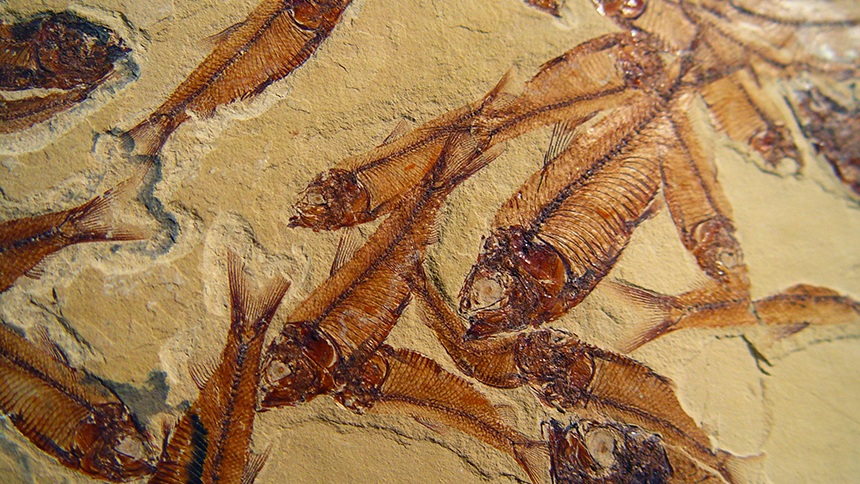biology The study of living things. The scientists who study them are known as biologists.
dinosaur A term that means terrible lizard. These ancient reptiles lived from about 250 million years ago to roughly 65 million years ago. All descended from egg-laying reptiles known as archosaurs. Their descendants eventually split into two lines. For many decades, they have been distinguished by their hips. The lizard-hipped line are believed to have led to the saurichians, such as two-footed theropods like T. rex and the lumbering four-footed Apatosaurus (once known as brontosaurus). A second line of so-called bird-hipped, or ornithischian dinosaurs, appears to have led to a widely differing group of animals that included the stegosaurs and duckbilled dinosaurs. But a new 2017 analysis now calls into question that characterization of relatedness based on hip shape.
extinct An adjective that describes a species for which there are no living members.
fossil Any preserved remains or traces of ancient life. There are many different types of fossils: The bones and other body parts of dinosaurs are called “body fossils.” Things like footprints are called “trace fossils.” Even specimens of dinosaur poop are fossils. The process of forming fossils is called fossilization.
geology The study of Earth’s physical structure and substance, its history and the processes that act on it. People who work in this field are known as geologists. Planetary geology is the science of studying the same things about other planets.
organism Any living thing, from elephants and plants to bacteria and other types of single-celled life.
paleontologist A scientist who specializes in studying fossils, the remains of ancient organisms.
paleontology The branch of science concerned with ancient, fossilized animals and plants. The scientists who study them are known as paleontologists.
parasite An organism that gets benefits from another species, called a host, but doesn’t provide that host any benefits. Classic examples of parasites include ticks, fleas and tapeworms.
prehistoric An adjective for something that happened tens of thousands to millions of years ago, periods before people began deliberately recording events.

